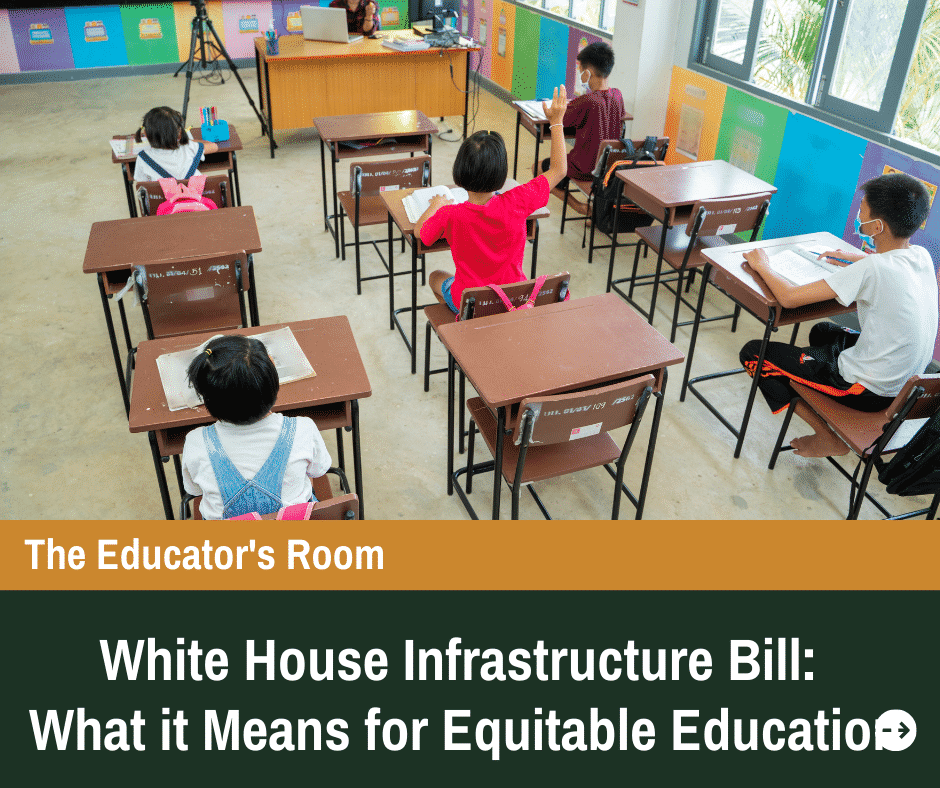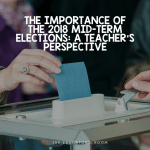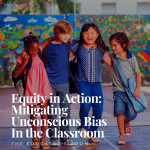Just two months into Joe Biden’s Presidency and one COVID-19 relief bill later, there are talks of a substantial infrastructure bill from administration insiders. The bill, which hopes to bring job opportunities to countless Americans, includes provisions related to climate change, pharmaceutical drug affordability, and childcare. The provisions that would have perhaps the most profound effect on equity in our country would make free pre-kindergarten universal and community college free.
It goes without saying that access to free, quality education tends to lift up our communities – however these particular aspects of our education system are critical to our most underserved populations. More specifically, if these provisions are passed they would have an incredibly positive impact on our communities of color that often still lack access to the same opportunities as their wealthier, white peers.
Pre-Kindergarten education has been found to be extremely beneficial for children and their academic futures. Children who attend such programs arrive at kindergarten ready to learn, with more language skills, self confidence, and often fewer behavior concerns. Unfortunately, for many families Pre-K is prohibitively expensive or they face a lack of access to quality programs. In the 60’s and 70’s our country implemented the Head Start program which provided free and affordable Pre-K programming which validated what some at the time believed to be true – early intervention was critical and helped level the playing field between low-income and wealthier students.
In many cases, access to quality Pre-K can be the first of many steps in breaking the cycle of poverty, especially for children of color. Lastly, costs associated with our juvenile justice system, social work, and education actually go down when there is wider access to universal Pre-K. Despite what some politicians who will undoubtedly oppose this potential bill might say, the cost of such a program will actually save our country money at the end of the day.
[bctt tweet=”Additionally, making community college free could impact multiple generations of people who may not have access to higher education otherwise” username=””]
Additionally, making community college free could impact multiple generations of people who may not have access to higher education otherwise. While community college is currently fairly affordable across the country, the costs can still exclude sectors of our population. Students who worked through high school to help put food on the table may not have the time or money to dedicate to higher education, and may not have made the grades or test scores in high school to earn them a scholarship. Other students may face other challenges in their home life which prevent them from not only affording but prioritizing their education beyond high school.
When we provide all students the opportunity to seek higher education, we can actually see a positive impact on our overall economy. Once again, for an upfront price, we would see a return on our investment in the form of lowered societal costs by providing free community college. Besides that, more students are able to complete their degree when changes or obstacles in financial status do not impact their access – which more often affects our lower-income and students of color. Most importantly, community college provides people mobility in their economic success, personal autonomy, and strengthens their community.
Free and universal Pre-K and free community college for all must happen for our country to look toward a more equitable and educated future. These programs have shown elsewhere that they can lift people out of financial hardship and break the cycle of generational poverty – and we need to do the same for all of our communities. There are many aspects of education that need to be reformed, and we must demand ongoing change from the Biden administration. But what better place to begin, than here?






